8 Best Yoga Poses That Boost Hair Growth And Thickness
Practice these powerful asanas every day to add that shine and bounce to your tresses!
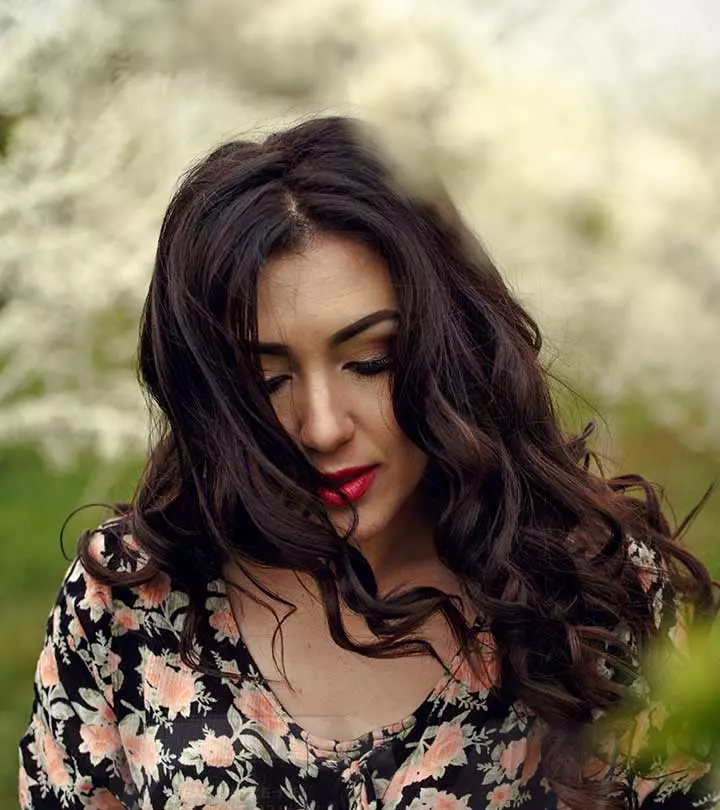
Image: ShutterStock
Your hair is one of the biggest responsibilities you have, as studies indicate that your tresses reflect your overall health. But, what if we told you that you could practice yoga for hair health improvement? Yes! You aren’t dreaming. There is almost nothing that a yoga lifestyle cannot do.
Kerry Fisher, Meditation and Yoga Teacher, says, “The yoga poses that are considered by some to be good for hair growth are divided into those poses that bring blood to the scalp, like inversions, and those poses that are relaxing to the body since the idea is that when your body is at rest, your body can regenerate itself.
She adds, “Inversions like the shoulder stand, headstand, handstand, downward facing dog, and rabbit pose are all considered good for hair growth. Calming poses like child’s pose, fish pose, camel pose, thunderbolt pose, and forward fold are thought to help calm the body and allow the body to rejuvenate and regenerate.”
In this article, we bring you a list of some of the best yoga asanas to keep your locks healthy and luscious. Keep scrolling!
In This Article
How Does Yoga Protect Your Hair?
As we all know, yoga works wonders on our bodies. You’ll be surprised to know that it can change your hair from drab to gorgeous in a manner that even high-end salons cannot do. In addition to that, it improves digestion and reduces anxiety, which are major factors contributing to hair degeneration.
Some yoga asanas, in specific, work wonders for your hair as the head’s position enhances blood circulation in your scalp, invigorating your hair follicles. Let’s look at some of the best poses in yoga for hair growth below.
Key Takeaways
- Certain yoga poses help reduce stress and improve blood circulation, which helps promote hair growth.
- They also improve digestion and reduce anxiety levels, which are often linked with hair degeneration.
- Poses like downward-facing dog enables fresh blood flow to the head and relaxes your mind.
- The camel pose is a backward bend pose that helps relieve stress, which is the most common cause of hair loss.
8 Best Poses In Yoga For Hair Protection
- Adho Mukha Svanasana (Downward Facing Dog Pose)
- Uttanasana (Standing Forward Bend Pose)
- Ustrasana (Camel Pose)
- Vajrasana (Thunderbolt Pose)
- Sarvangasana (All Limb Pose)
- Pawanmuktasana (Wind Relieving Pose)
- Sirsasana (Headstand Pose)
- Matsyasana (Fish Pose)
1. Adho Mukha Svanasana (Downward-Facing Dog Pose)
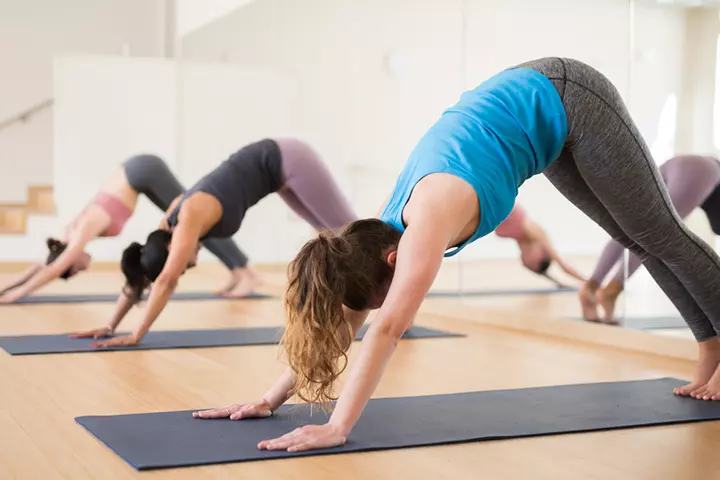
Adho Mukha Svanasana – sounds a bit heavy, isn’t it? Well, doing the pose is not as difficult as pronouncing its name. The asana is called the Downward Facing Dog Pose as it resembles a dog bending forward. This beginner level Ashtanga Yoga asana needs to be practiced in the morning on an empty stomach. Hold the pose for about 1-3 minutes.
Benefits: Adho Mukha Svanasana improves blood circulation, enabling fresh blood to flow into your head. It compresses the abdominal muscles and improves digestion. It stretches your neck and spine, thus releasing stress. The asana also brings relaxation to the mind and calms it, thereby reducing stress, which is linked to hair loss (1).
Practice the asana with the help of this video guide: youtube.com
 Quick Tip
Quick TipTo know more about the asana, click here: Adho Mukha Svanasana
2. Uttanasana (Standing Forward Bend Pose)
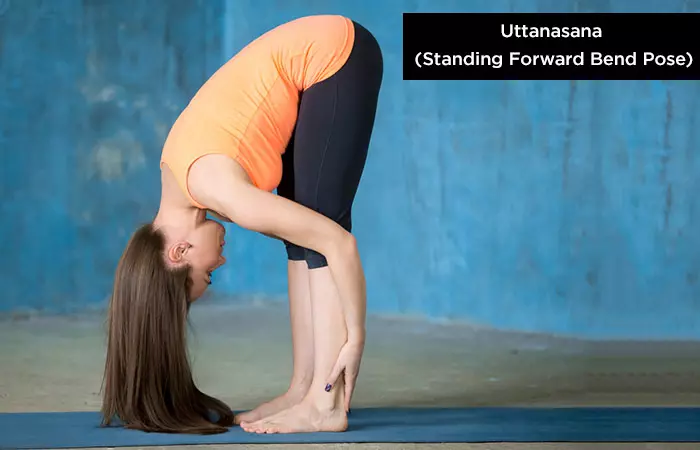
Uttanasana, also called the Standing Forward Bend Pose, rejuvenates your body and lifts your spirits. This intermediate level Hatha Yoga pose needs to be held for at least 15-30 seconds. Practice it in the morning when your stomach is empty, or if it is not possible, shift to the evening, but only after a gap of 4-6 hours since your last meal.
Benefits: Uttanasana adds a rush of energy to the cells in your head. It helps quieten your buzzing mind and keeps splitting headaches and sleepless nights at bay. The digestive organs are massaged well, which solves constipation issues. On the other hand, Paschimottanasana or the seated forward bend gives the body a good stretch to your entire back.
Practice the asana with the help of this video guide: youtube.com
To know more about the asana, click here: Uttanasana
3. Ustrasana (Camel Pose)
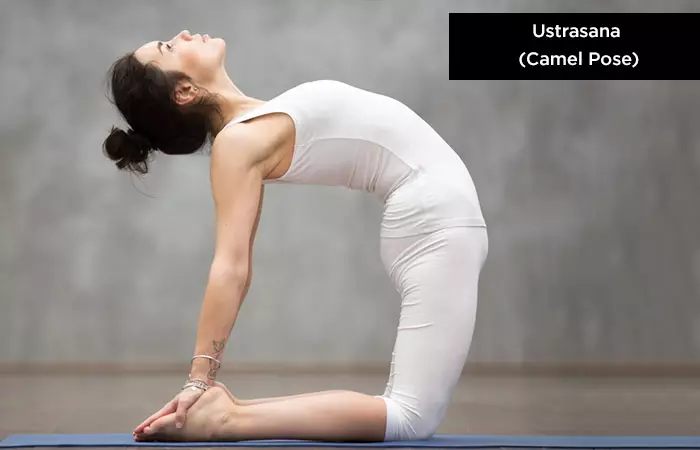
Ustrasana, also called the Camel Pose, is a backward bend pose that opens up your heart chakra. Hold this basic level Vinyasa pose for 30-60 seconds. Practice the asana in the mornings on an empty stomach for the best results as your body carries energy from the digested food, enabling you to perform better.
Benefits: Ustrasana improves digestion and excretion. It opens up your chest, relieving trapped stress. It heals and balances your chakras, improves your posture, and strengthens your body. It regulates the menstrual cycle and helps release the tension in the ovaries. The asana also stimulates the thyroid gland, the proper functioning of which is essential for preventing hair loss (2) (3).
Practice the asana with the help of this video guide: youtube.com
To know more about the asana, click here: Ustrasana
4. Vajrasana (Thunderbolt Pose)
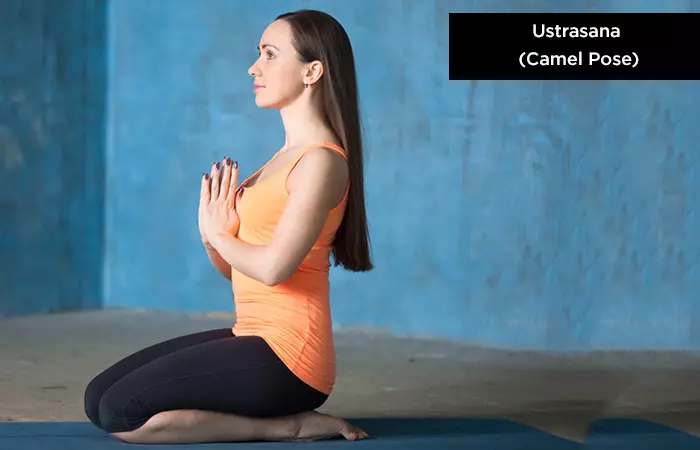
Vajrasana, also called the Thunderbolt Pose, has another name, – Diamond Pose – which comes from the belief that pranayama done in Vajrasana position makes the human body as strong as a diamond. Vajrasana is one of the few poses that is beneficial when done post a meal. This beginner level Vinyasa style yoga asana needs to be done for 5-10 minutes at least. You can then move onto child’s pose to give your hip and muscles a good stretch.
Benefits: With regular practice, Vajrasana treats constipation. It brings stability to the mind, reduces obesity, and relieves stress in the back. The pose also treats stomach disorders, improves blood circulation, and strengthens muscles.
Practice the asana with the help of this video guide: youtube.com
 Quick Tip
Quick TipTo know more about the asana, click here: Vajrasana
5. Sarvangasana (All Limb Pose)
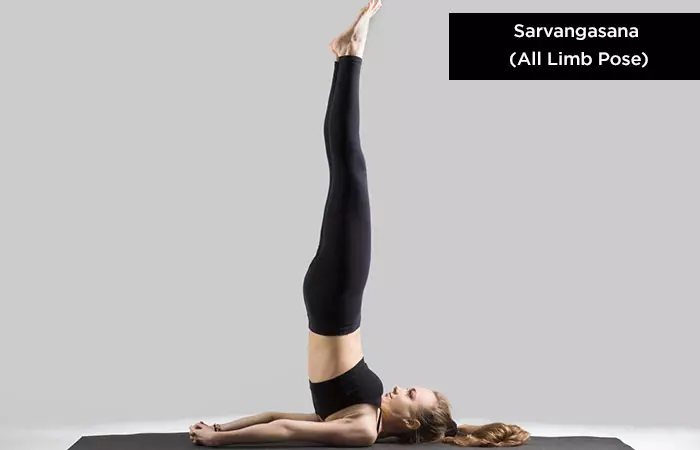
Sarvangasana, also called the All Limb Pose, is the queen of all asanas. It is a powerful asana that will help you ease into more multiple variations. This shoulderstand works best when done in the morning on an empty stomach. Hold this advanced level Hatha Yoga pose for at least 30-60 seconds.
Benefits: Sarvangasana may help treat mild depression. It calms your mind and helps with stress reduction and also stretches your neck and shoulders. It regularizes your metabolism and keeps fatigue at bay. This asana will keep you active and pain-free.
Practice the asana with the help of this video guide: youtube.com
To know more about the asana, click here: Sarvangasana
6. Pawanmuktasana (Wind Relieving Pose)
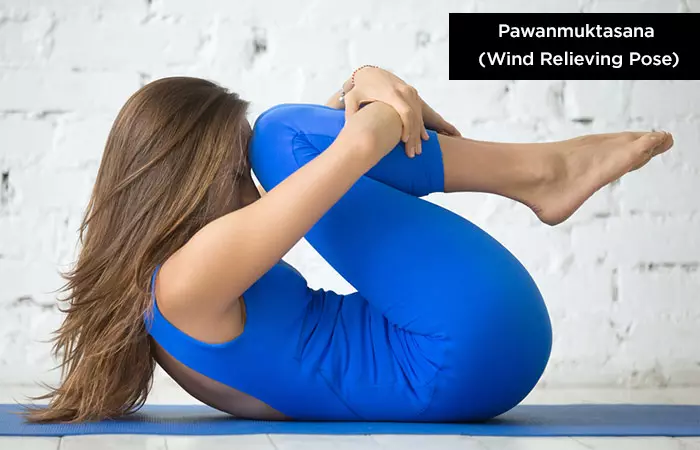
Pawanmuktasana, also called the Wind Relieving Pose, is one of those poses that can be easily done by beginners. This asana works wonders when it is done in the morning because it clears all the digestive gasses from the stomach and forms an excellent base for further exercise. This basic level Vinyasa Yoga pose needs to be held for 30-60 seconds.
Benefits: Pawanmuktasana improves digestion and strengthens the abdominal muscles. It also massages your internal organs and intestines. The pose eases tension in your lower back, improves blood circulation to the organs, and reduces belly fat.
Practice the asana with the help of this video guide: youtube.com
To know more about the asana, click here: Pawanmuktasana
7. Sirsasana (Headstand Pose)
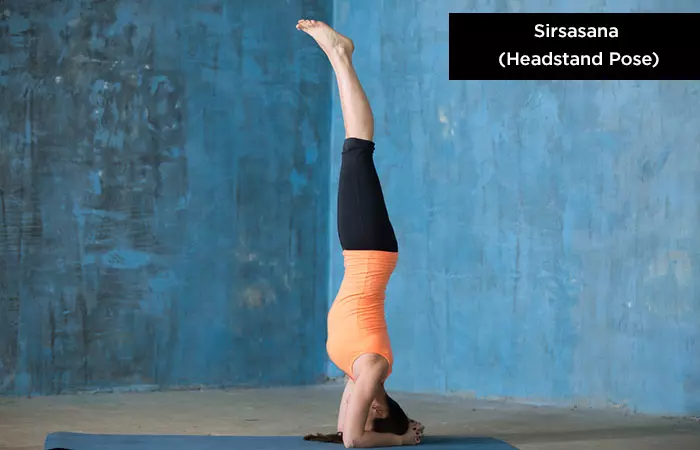
Sirasana, also called the Headstand Pose, is the king of all asanas. Try it only when your body is ready to take it. This asana needs at least a 10-12 hour gap between your last meal and the exercise. So, morning is the ideal time to do the asana. This advanced level Vinyasa Yoga pose can be held anywhere between 1-5 minutes or even less as per your convenience.
Benefits: Sirasana instantly calms your mind and relieves stress. It increases your focus and blood flow to the scalp, develops strength in your core muscles, and nourishes your brain. The asana treats thyroid and removes lethargy.
Practice the asana with the help of this video guide: youtube.com
8. Matsyasana (Fish Pose)
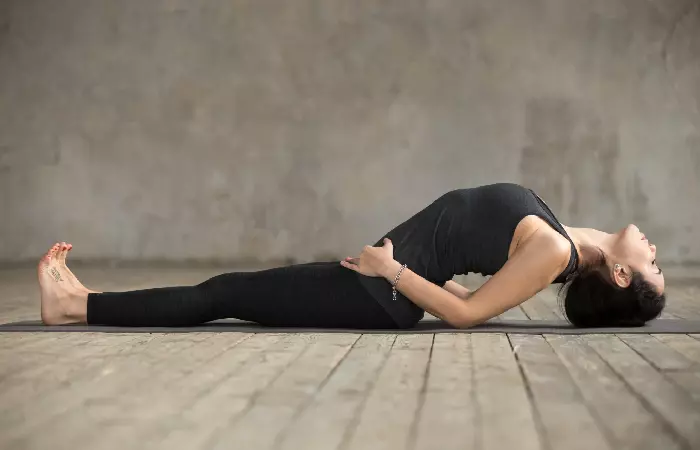
Matsyasana, also known as the fish pose, requires lying on your back, arching the chest upward, and placing the head and shoulders on the ground, creating a gentle backbend.
Benefits: Matsyasana improves blood circulation to the scalp, which may ensure better nutrient and oxygen delivery to hair follicles. This may promote healthy hair growth. Additionally, this pose aids in reducing stress and anxiety, both of which are known to contribute to hair loss. Moreover, the neck stretch can help reduce strain and tension in the throat and neck region, further contributing to overall hair health and well-being.
Practice the asana with the help of this video guide: youtube.com
In addition to practicing these 8 yoga poses, you should also have a balanced, nutrient-rich diet. Ensure that your food is rich in vitamins A, D, E, and zinc, iron, biotin, and omega-3 fatty acids that are vital for hair health (4). Foods like leafy greens, nuts, seeds, fatty fish, and whole grains can provide these essential nutrients. It is also important to stay hydrated. Aim to drink at least eight glasses of water a day, and consider herbal teas or infused water for variety. Managing stress is equally essential, as high stress levels may lead to hair loss (1). To avoid this, incorporate mindfulness practices such as meditation, deep breathing exercises, or journaling into your routine.
Infographic: 10 Hair Care Tips For Maintaining Healthy Tresses
Yoga can help you grow your hair, but to maintain your tresses, you need to know and apply the right hair care techniques.
Check out this infographic for 10 simple tips to keep your hair healthy, strong, and free from damage. Illustration: StyleCraze Design Team
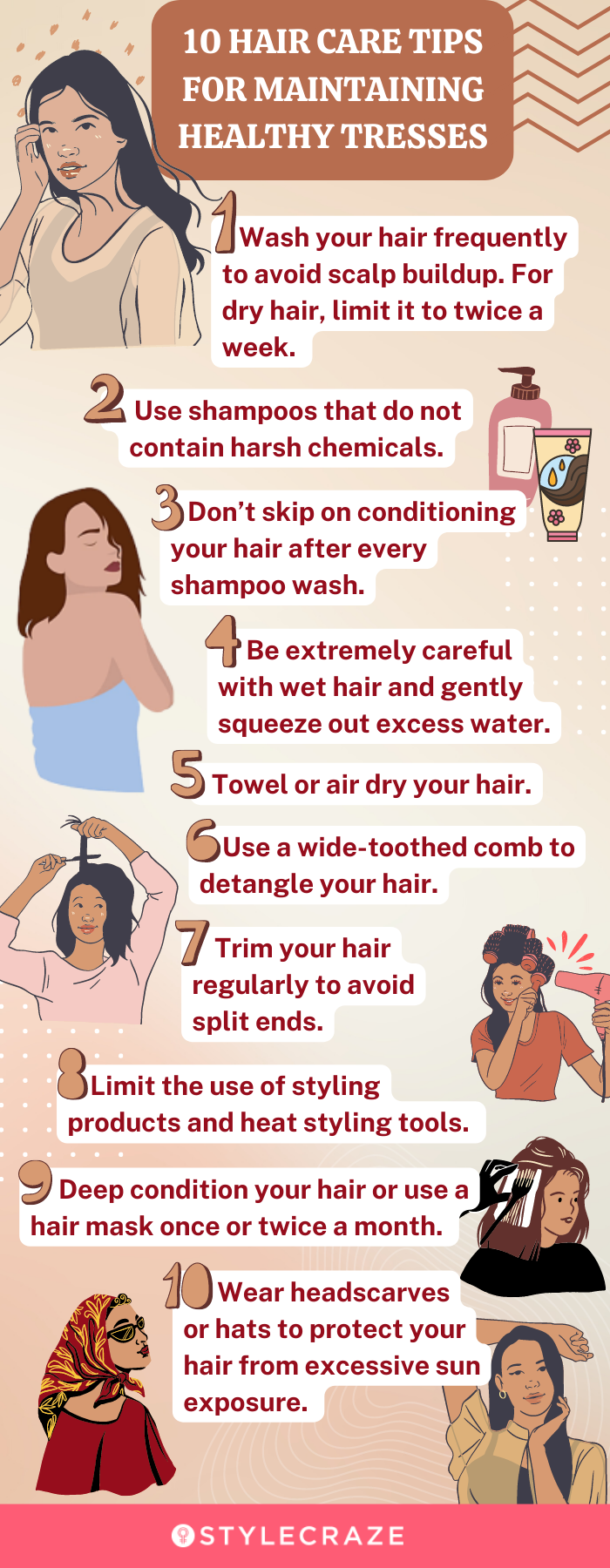
Practicing yoga is the best thing you can do for your tresses, given the range of benefits this ancient Indian fitness form has. The yoga poses mentioned above may help improve blood circulation to the head, stimulate hair growth, and strengthen your tresses. Additionally, they help reduce stress and indigestion, the two main causes of hair degeneration. So, hit the yoga mat every day and try these yoga poses at home to see the results for yourself.
Frequently Asked Questions
How often do I shampoo my hair?
Shampoo your hair once every two days or depending on the accumulation of oil on your scalp. Avoid washing your hair every day.
How much hair loss is considered normal?
At any given point in time, you shed 10 percent of your hair. Losing a few strands every day is normal, but when it increases, you need to pay attention.
How often do I practice yoga?
Practice yoga every day, if possible, for 20 minutes to an hour. Otherwise, even 2-3 times a week will do.
Does yoga cure hair loss?
Yoga can boost blood circulation to the head, which may help to prevent hair loss. However, it may not cure hair loss.
Can rubbing nails regrow hair?
Nail rubbing, also known as balayam, is an ancient yoga practice said to increase hair strength. Kerry Fisher says, “Rub the nails together rapidly, which is believed to be a great reflexology technique to improve circulation to the scalp.” Balayam practitioners assert that daily practice can provide good outcomes. But there is not enough scientific evidence to prove the same.
Can we grow hair by meditation?
By enhancing the blood flow to our heads, which nourishes the hair cells, meditation may promote hair growth. However, there is not enough evidence to prove this claim.
What are the acupressure points for hair growth?
There are 6 acupressure points that are thought to promote hair growth. These are LI 1, GV 12, GV 14, LU 6, B 13, and LU 9.
Is Kapalbhati good for hair growth?
Kapalbhati is a purification technique from Hatha Yoga. It involves powerful exhalations and automatic inhalations, but at a high rate of breathing. This method aids in eliminating toxins from the overall head or face area, thus enhancing the flow of pure oxygen and lowering free radicals. This is said to encourage hair growth. Kerry Fisher says, “Some believe it can even reverse baldness. Kapalbhati is a breathwork exercise believed to cleanse the body and mind. It is believed that the stomach compression used during this breathing practice massages the organs and cleanses them and that this cleansing leads to better blood circulation in the body, which would also bring better blood circulation to the scalp.
Since Kapalabhati also calms the nervous system, it is thought that the body, when calm, is better able to rejuvenate and regenerate the hair.”
Does Anulom Vilom improve hair growth?
Anulom Vilom Pranayama is another breathing exercise that is said to promote hair growth. It is claimed to cleanse toxins from the skull nerves and treat depression and insomnia, which are significant causes of hair loss and graying.
Does Surya Namaskar increase hair growth?
Surya Namaskar, also known as the Sun Salutations, is a series of 12 potent yoga poses that increase blood flow to the scalp. In this way, it is said to help with hair loss prevention and encourage hair growth, though there is not enough evidence to prove the same.
Healthy hair and confidence go hand in hand. And if it takes a few yoga poses to get there, you should definitely try them. Fight the ill effects of stress, hair products, and health issues on your hair with a little bending and stretching. Happy exercising!
Illustration: Best Yoga Poses That Boost Hair Growth And Thickness
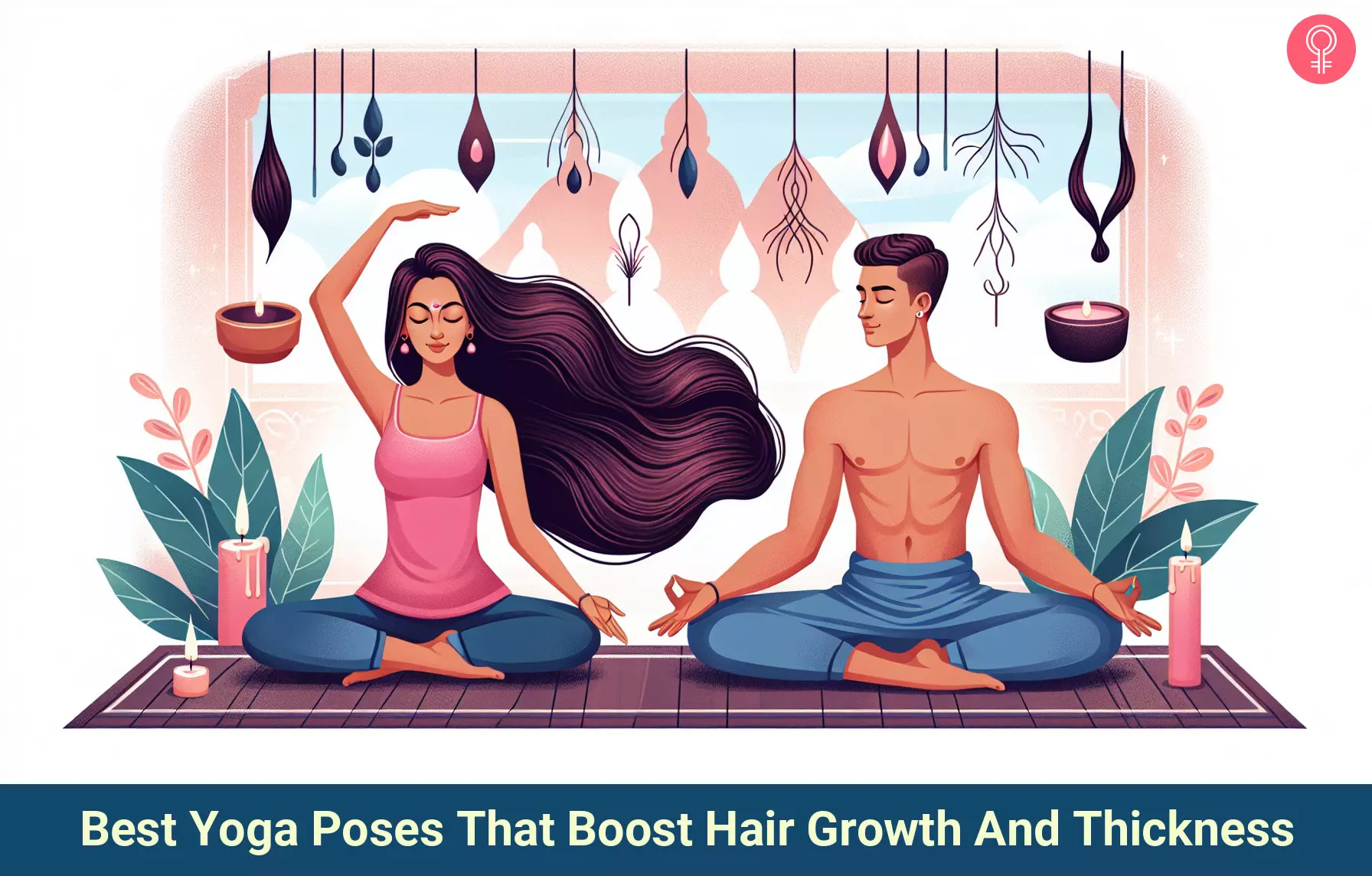
Image: Dall·E/StyleCraze Design Team
Transform thin strands to thick and long hair in just 20 days! Learn some yoga poses for hair growth and stop hair fall with this amazing video. Check it out now!
References
Articles on StyleCraze are backed by verified information from peer-reviewed and academic research papers, reputed organizations, research institutions, and medical associations to ensure accuracy and relevance. Read our editorial policy to learn more.
- Stress-related hair loss among the general population in Al Majma’ah Saudi Arabia: A cross-sectional study
https://pmc.ncbi.nlm.nih.gov/articles/PMC10625171/ - Scientific yoga module for hypothyroidism: A study protocol for tele-yoga RCT
https://pmc.ncbi.nlm.nih.gov/articles/PMC10277449/ - Impact of thyroid dysfunction on hair disorders
https://pmc.ncbi.nlm.nih.gov/articles/PMC10492440/ - Diet and hair loss: effects of nutrient deficiency and supplement use
https://pmc.ncbi.nlm.nih.gov/articles/PMC5315033/
Read full bio of Pratibha Agarwal
- Kerry Fisher is a meditation and yoga teacher with 11 years of experience. She coaches athletes, corporate clients, and private clients in peak performance, breathwork, meditation, yoga, and mental training.
 Kerry Fisher is a meditation and yoga teacher with 11 years of experience. She coaches athletes, corporate clients, and private clients in peak performance, breathwork, meditation, yoga, and mental training.
Kerry Fisher is a meditation and yoga teacher with 11 years of experience. She coaches athletes, corporate clients, and private clients in peak performance, breathwork, meditation, yoga, and mental training.
Read full bio of Shirin Mehdi
Read full bio of Eshna Das
Read full bio of Himanshi Mahajan









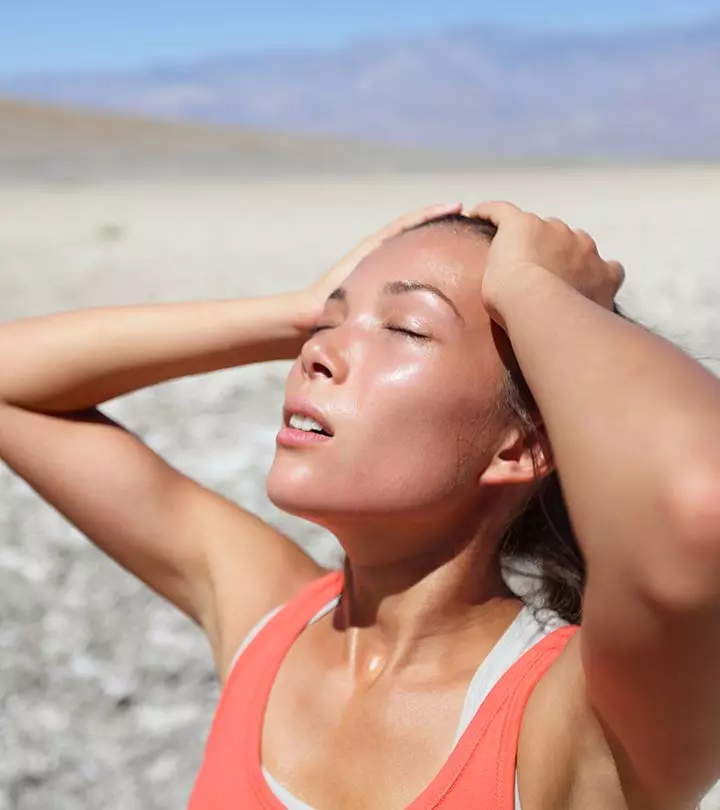
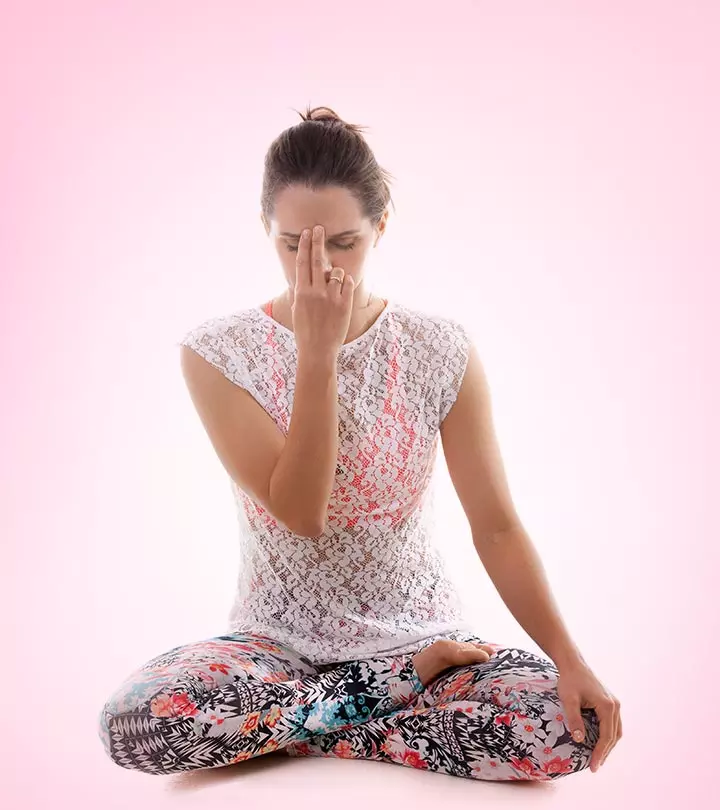
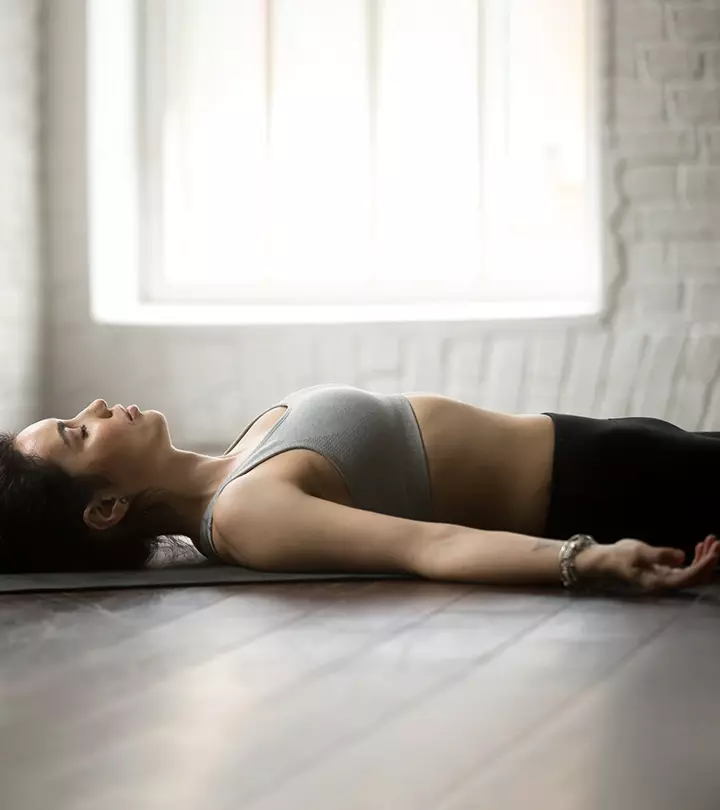
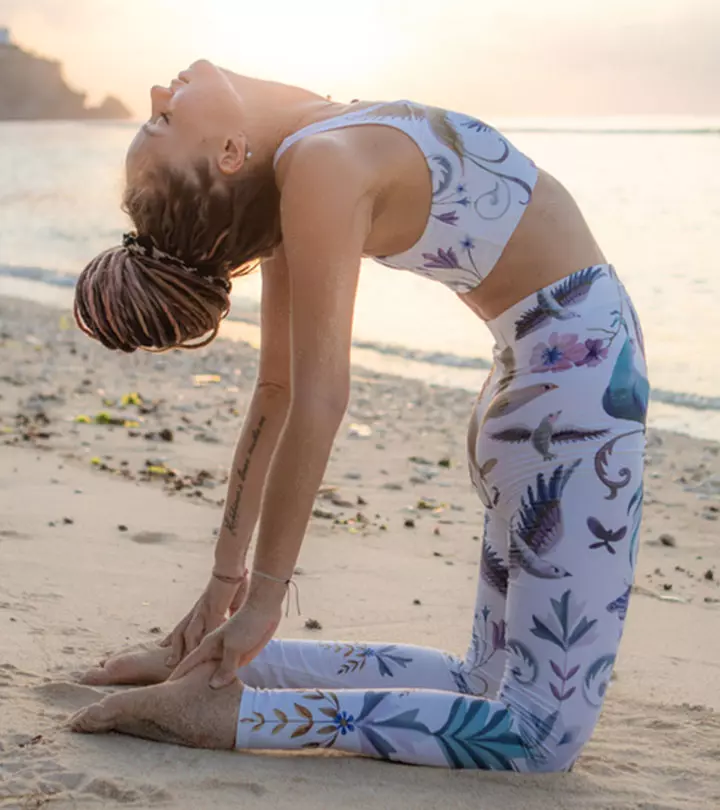
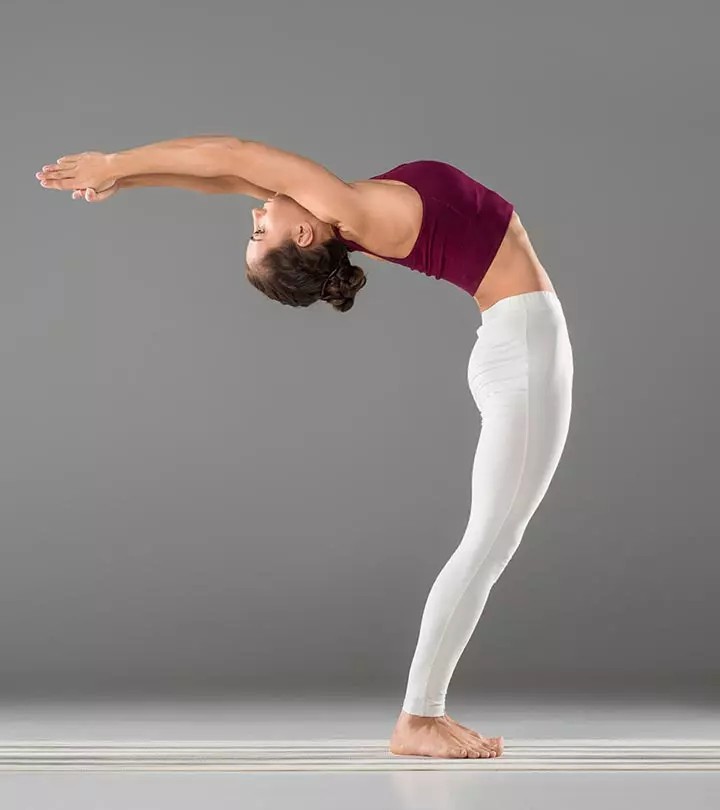
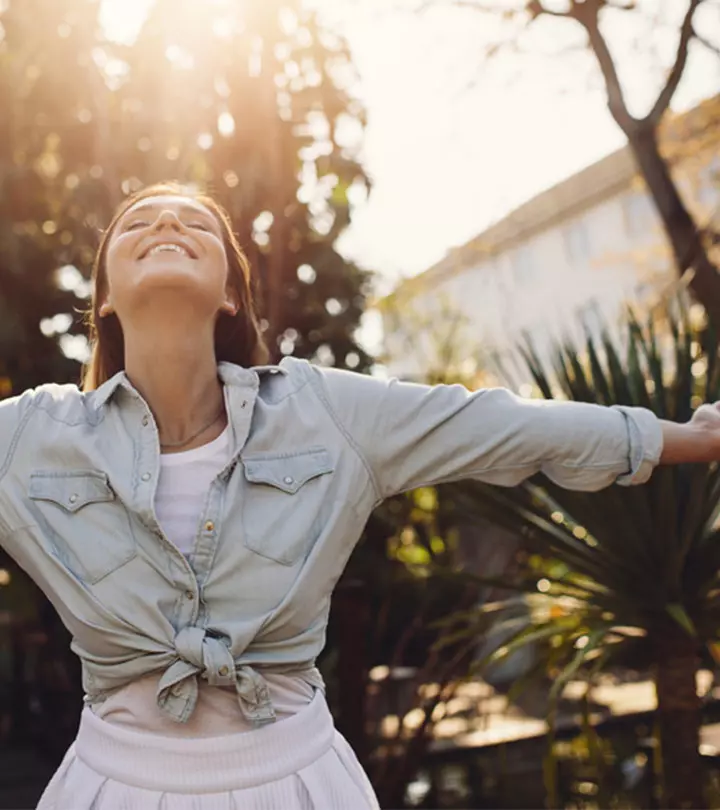
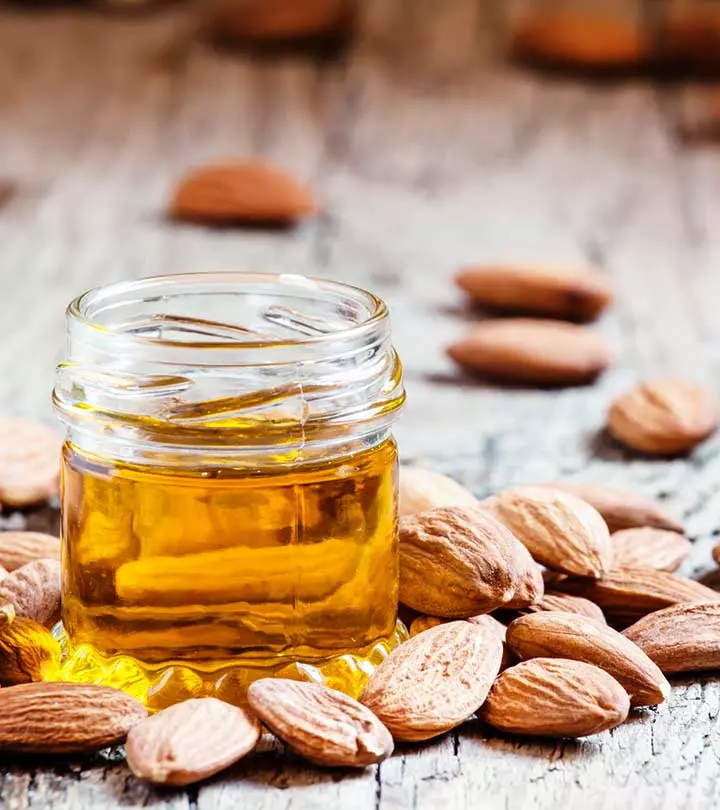
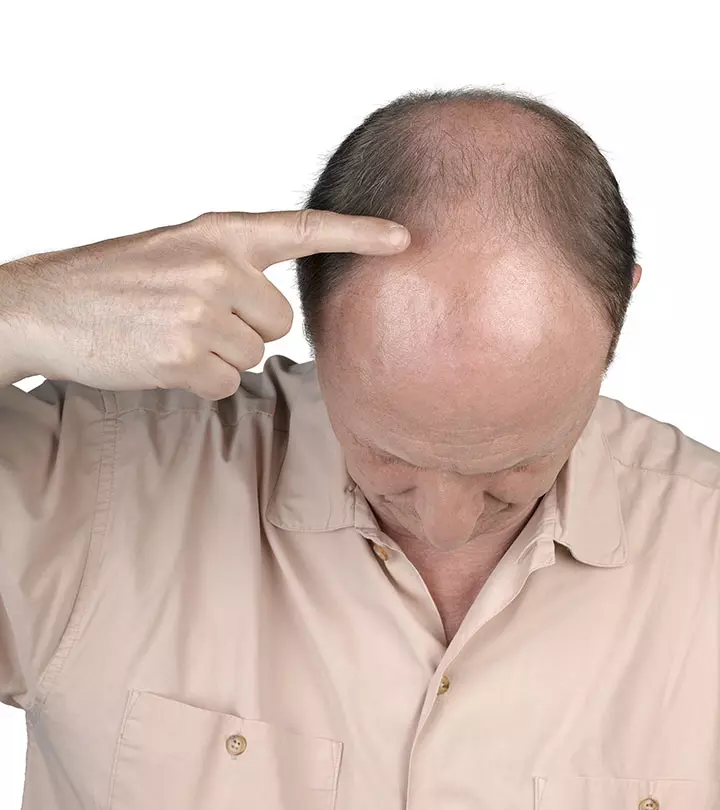
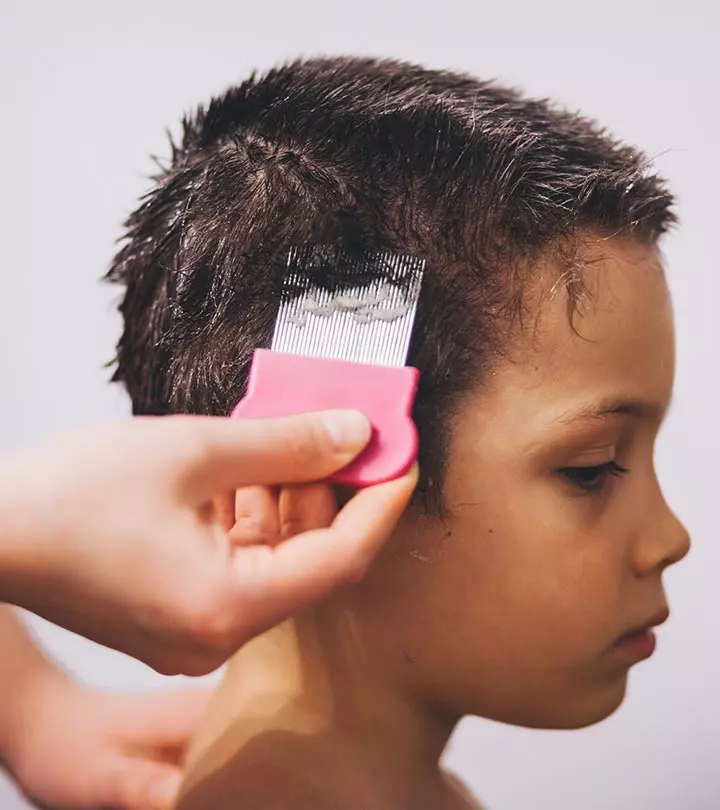



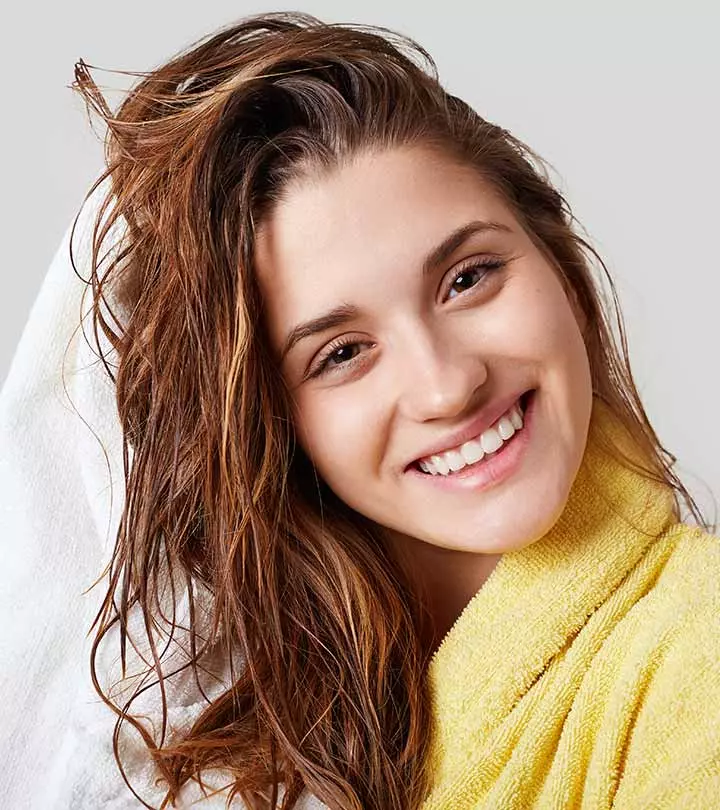
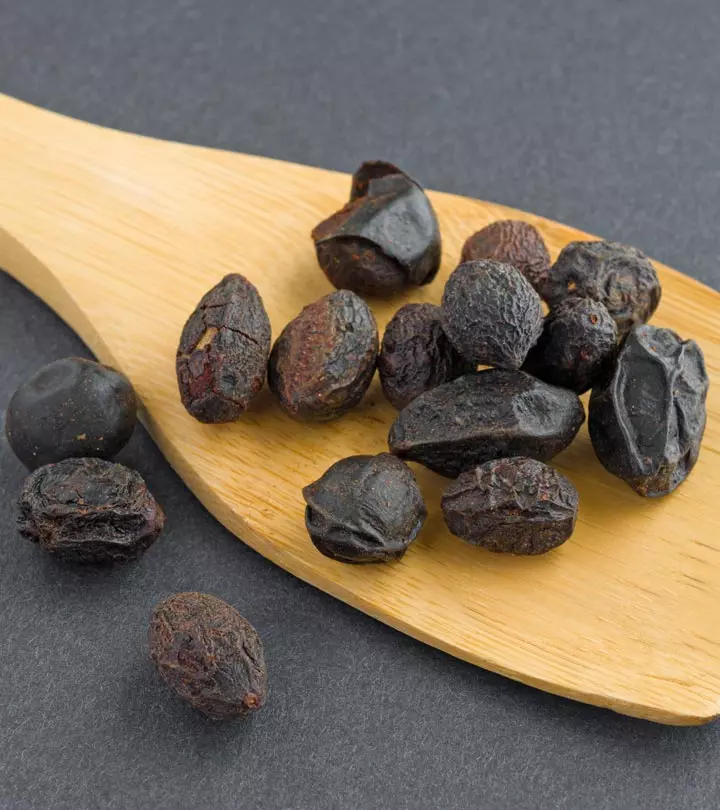
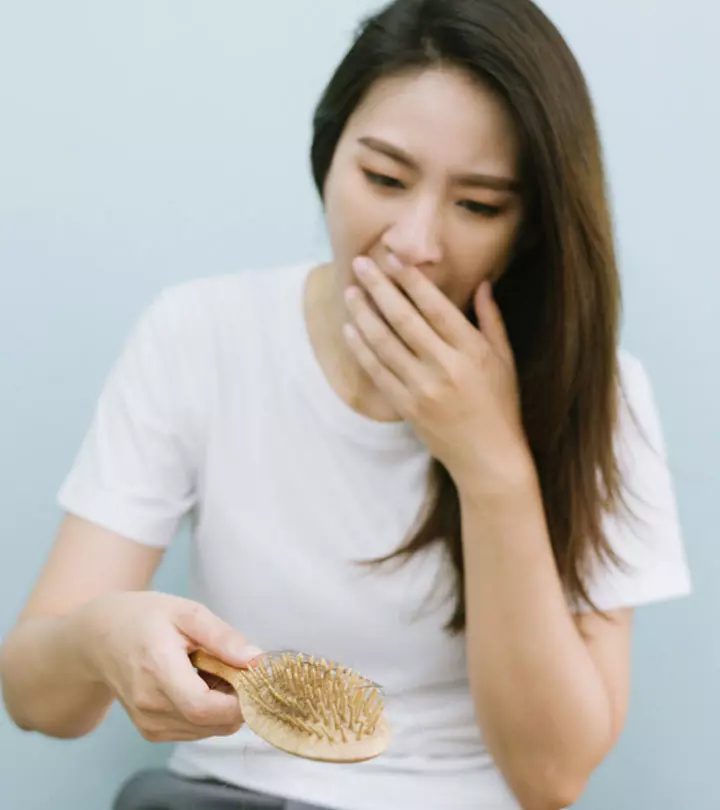
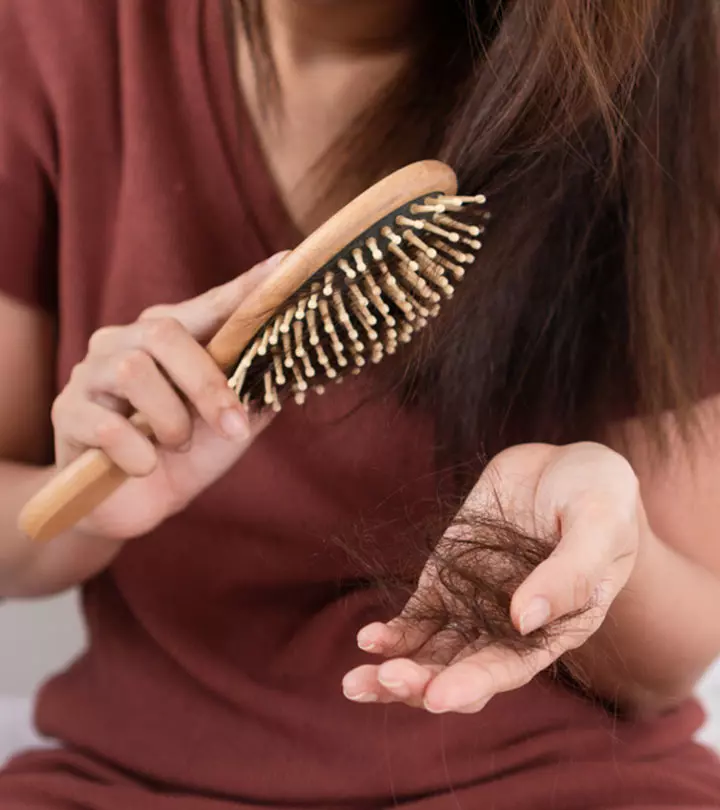


Community Experiences
Join the conversation and become a part of our empowering community! Share your stories, experiences, and insights to connect with other beauty, lifestyle, and health enthusiasts.